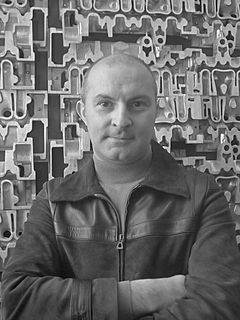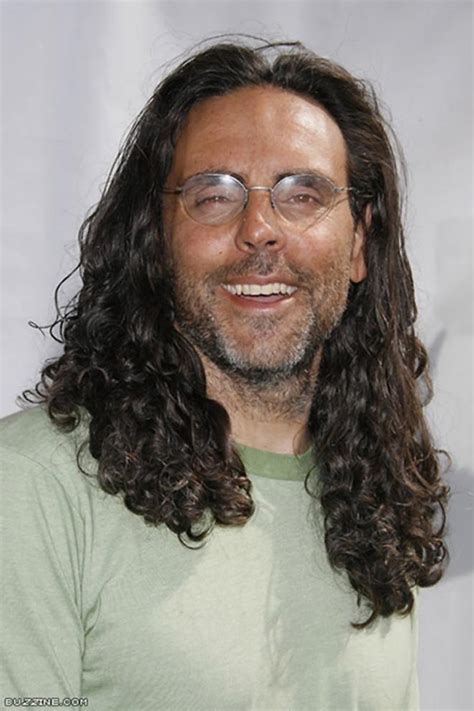A Quote by Douglas Adams
The future of computer power is pure simplicity.
Quote Topics
Related Quotes
The first spiritual law of success is the Law of Pure Potentiality. This law is based on the fact that we are, in our essential state, pure consciousness. Pure consciousness is pure potentiality; it is the field of all possibilities and infinite creativity. Pure consciousness is our spiritual essence. Being infinite and unbounded, it is also pure joy. Other attributes of consciousness are pure knowledge, infinite silence, perfect balance, invincibility, simplicity, and bliss. This is our essential nature. Our essential nature is one of pure potentiality.
Today, your cell phone has more computer power than all of NASA back in 1969, when it placed two astronauts on the moon. Video games, which consume enormous amounts of computer power to simulate 3-D situations, use more computer power than mainframe computers of the previous decade. The Sony PlayStation of today, which costs $300, has the power of a military supercomputer of 1997, which cost millions of dollars.
Time doesn't exist. It doesn't exist in any way. It's more subjective than real. Time doesn't exist. I believe in memory. Memory is the real inspiration. Memory creates time. Memory is pure power. Pure power and pure strength, and pure utilization of space and time (if time is something we can really ever label). But I don't believe in time itself.
Faith stands or falls on the truth that the future with God is more satisfying than the one promised by sin. Where this truth is embraced and God is cherished above all, the power of sin is broken. The power of sin is the power of deceit. Sin has power through promising a false future. In temptation sin comes to us and says: "The future with God on his narrow way is hard and unhappy, but the way I promise is pleasant and satisfying." The power of sin is in the power of this lie.
Only the heart knows the correct answer. Most people think the heart is mushy and sentimental. But it's not. The heart is intuitive; it's holistic, it's contextual, it's relational. It doesn't have a win-lose orientation. It taps into the cosmic computer - the field of pure potentiality, pure knowledge, and infinite organizing power - and takes everything into account. At times it may not even seem rational, but the heart has a computing ability that is far more accurate and far more precise than anything within the limits of rational thought.
One can think of any given axiom system as being like a computer with a certain limited amount of memory or processing power. One could switch to a computer with even more storage, but no matter how large an amount of storage space the computer has, there will still exist some tasks that are beyond its ability.
I was really looking at computers as a way to understand the mind. But at M.I.T., my mind was blown by having a whole computer to yourself as long as you liked.I felt a surge of intellectual power through access to this computer, and I started thinking about what this could mean for kids and the way they learn. That's when we developed the computer programming language for kids, Logo.
I don't foresee a future where people don't have some sort of phone that's like a computer. I don't foresee a future where those phones don't have cameras in them. That spells a future where smartphones are the status quo. You have to ask yourself how you allow people to communicate what's in their lives.




































